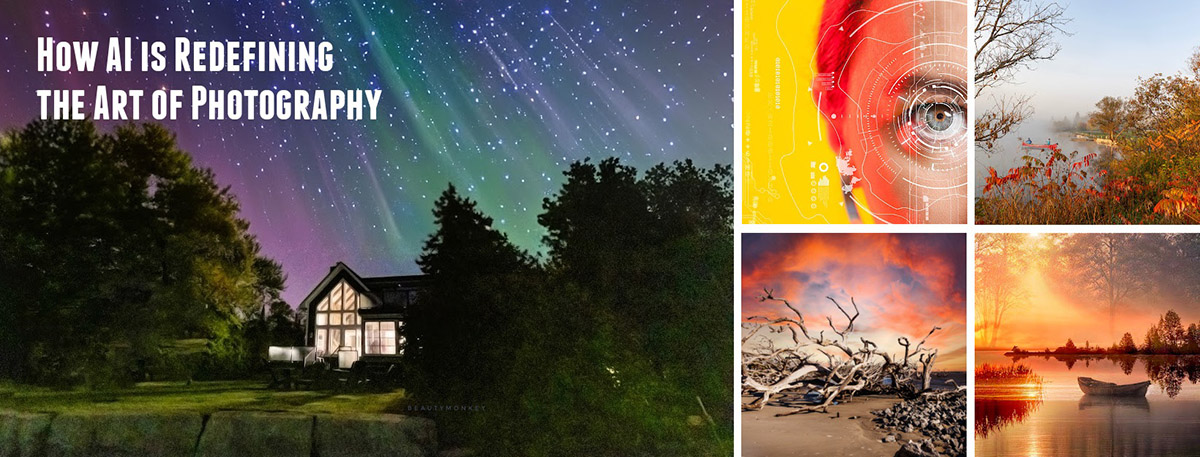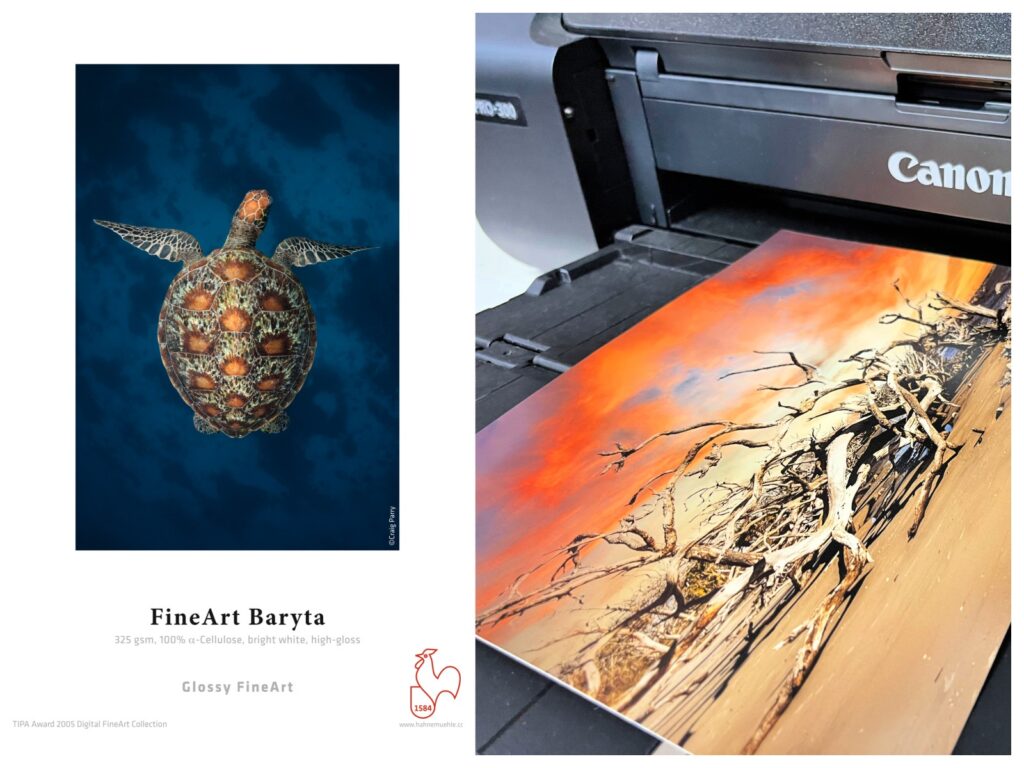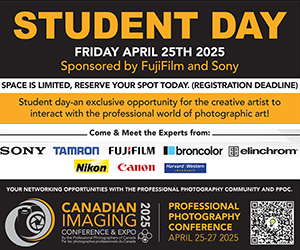
Whether we embrace it or not, AI and photography are here for the long haul. This speaks to the undeniable impact that artificial intelligence is having on the field of photography. The rise of AI in photography has sparked intense debates and discussions within photography clubs, communities, and among professional photographers. These conversations often touch on a wide range of topics, from the impact of AI on creativity to concerns about its implications for the future of the industry. So, in this article I want to share some of the concerns and benefits associated with AI and photography.
AI as a Tool vs. AI as a Creative Partner
One of the most significant debates is about whether AI should be considered a tool to assist photographers or a creative partner in its own right. Traditionalists in photography clubs might argue that photography is an art form that requires human intuition, creativity, and technical skill. They worry that relying too heavily on AI could diminish the craft, leading to homogenized or “sterile” images that lack the personality of a photographer’s original vision.
AI and the Loss of “The Human Touch”
Another concern is the fear that AI will strip away the “human touch” in photography. Photography, particularly in fine art and portraiture, is often valued for the unique way an individual photographer captures a moment or subject. The idea that AI can automatically enhance or generate images without the photographer’s personal input is seen by some as a threat to the emotional and artistic essence of the work.
Ethical Concerns and Authenticity
A major topic of discussion, especially among photojournalists and documentary photographers is the ethics of AI in photography. AI tools like deepfake technology, which can manipulate or fabricate images, raise concerns about the authenticity of visual content. In journalism, the idea that photos can be altered or “created” by AI to support fake narratives is troubling.
Job Displacement and the Role of the Photographer
For many photographers, particularly those who make a living through photography, they worry whether AI will affect their livelihoods or whether it will devalue their expertise. However, others argue that AI will not replace photographers, but rather shift their roles. Instead of focusing on repetitive tasks, photographers may evolve into image curators, storytellers, or creative directors—tasks that AI cannot replicate.
The Democratization of Photography
On a more positive note, some photography clubs are discussing how AI is leveling the playing field for aspiring photographers. With the accessibility of AI-powered smartphone cameras and editing tools, even people without formal training in photography can now produce professional-looking images. For many, AI’s potential to make high-quality photography more accessible is one of its most exciting aspects. It opens up creative possibilities for those who don’t have the same equipment, time, or technical knowledge as more experienced photographers. This is reshaping what it means to be a “photographer” in the modern age.
Conclusion: The Debate Will Continue
Regardless of where individuals stand, one thing is clear: AI is not going away. As it becomes an even more integral part of the photography process, the conversation will continue to evolve. The challenge for photography communities will be finding ways to embrace AI’s potential while preserving the core values of the craft—creativity, authenticity, and human connection.

The Finishing Touch
For this “AI Photography” collection, I decided to use the Hahnemühle FineArt Baryta paper. This high-gloss premium inkjet paper was perfect for this collection. The reproduction of colour and detail, deep blacks and striking contrasts really enhanced the AI prints. Because it’s an acid- and lignin-free FineArt inkjet paper, its has great archival properties. Great for printing both black and white and colour photographs. I love it – why not give it a try!
Happy Shooting & Printing!
Discussed Items
ABOUT THE AUTHOR
Peter Dulis is a Canadian photographer and visual storyteller living in Toronto, Ontario. His work has been published in a number of magazines such as Graphic Arts Magazine, Visual Wilderness, Luminous Landscape, Photo News and has been recognized for photography excellence. Peter offers photo workshops in southern Ontario and can be reached at info@photographyAdventures.ca
Peter shares many of his tips and techniques in his monthly newsletter – PhotographyAdventures.ca and PeterDulisPhotography.com







